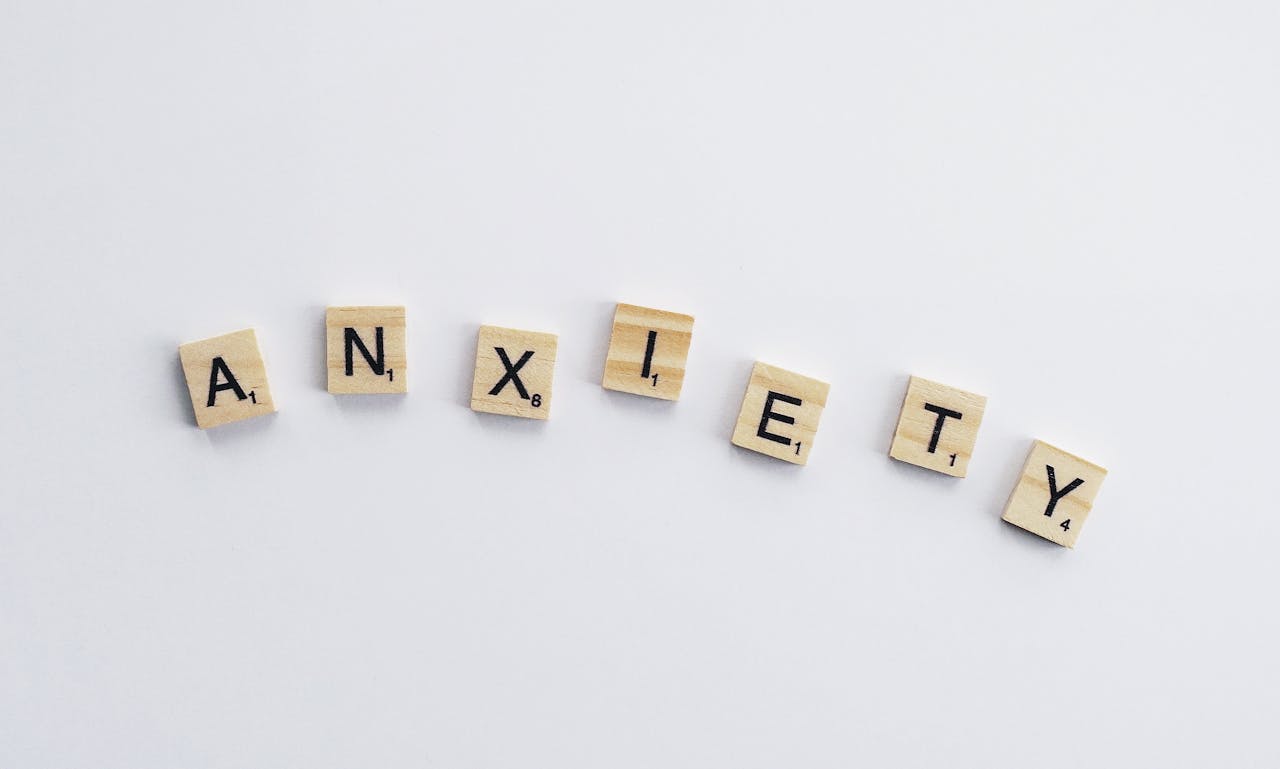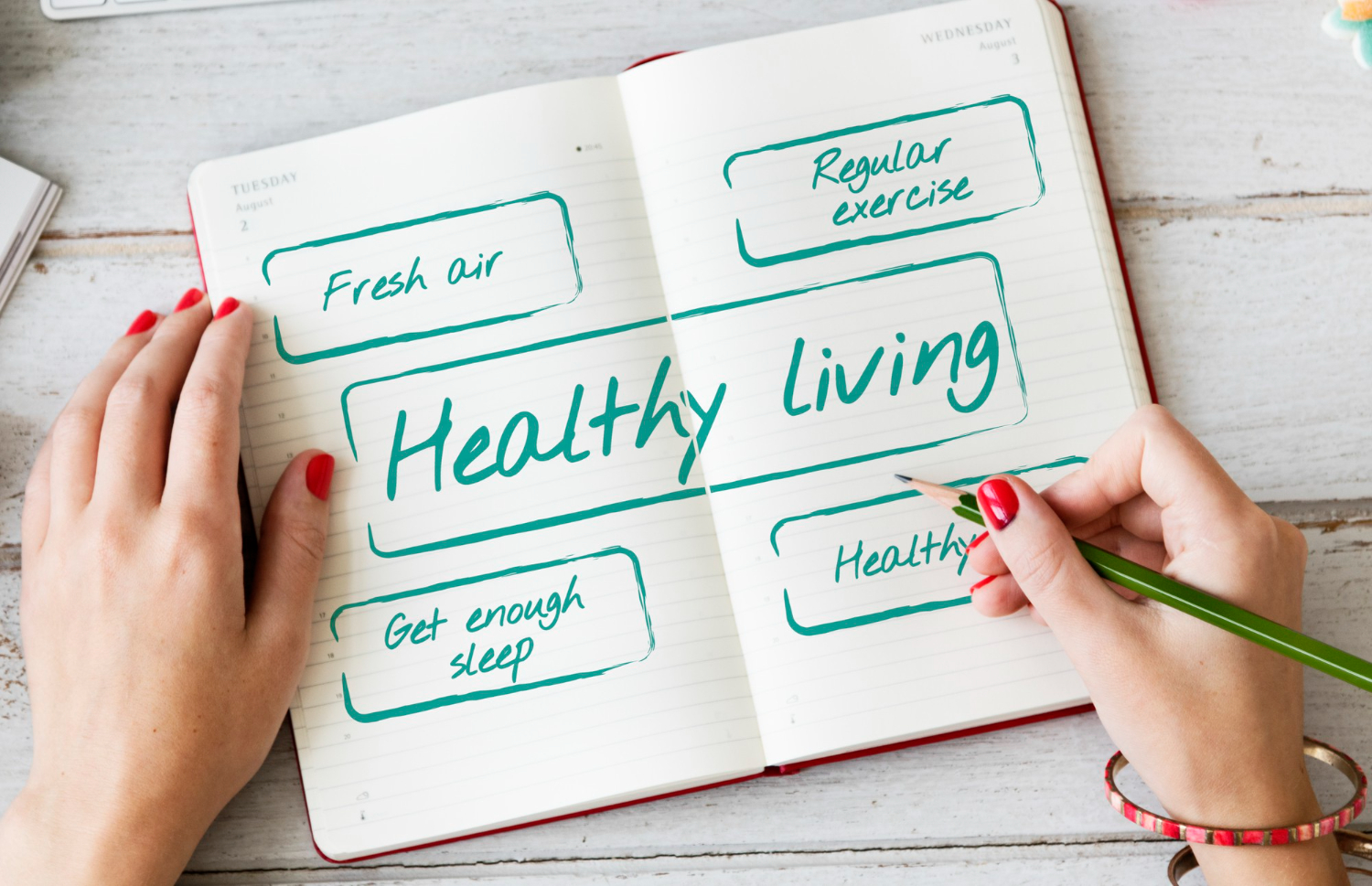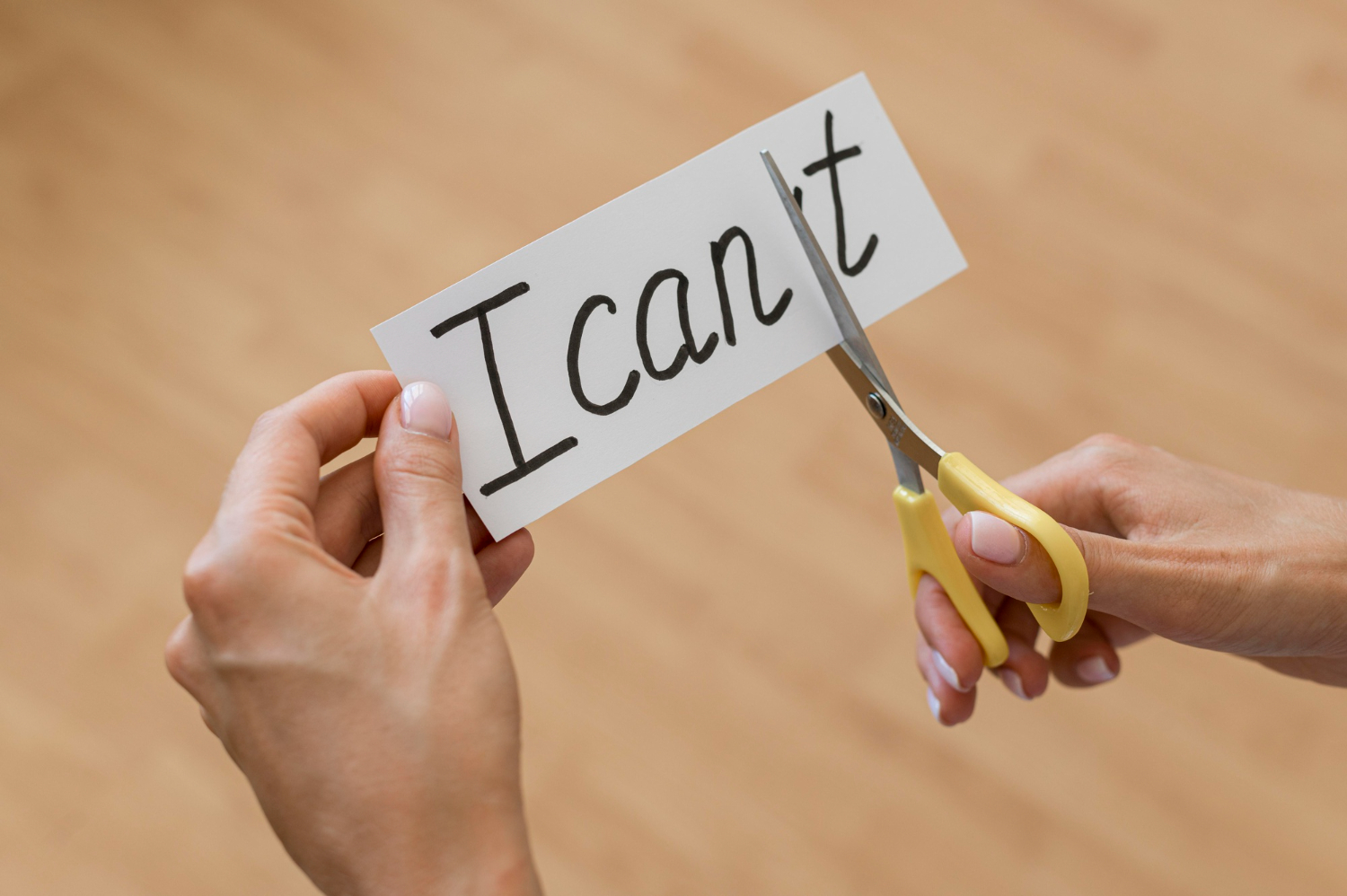7 Tips To Be More In the Present

Distracted right now? You can appreciate your surroundings more if you learn to be more mindful.
Think about sitting on the couch, munching on popcorn, reading on Instagram, and listening to your spouse talk about their day at work while you also watch a movie. You’re contemplating a task you have to complete the following week the entire time. You discover you didn’t fully comprehend the movie, enjoy your popcorn, or hear what your partner said afterwards, when you’re lying in bed. The worst part is that you don’t feel refreshed or at ease.
We are surrounded by distractions all the time, which makes it challenging to concentrate on one subject at a time. The inability to concentrate in the current moment can also be caused by stress, anxiety, and regret. Though challenging, living in the present can improve your relationships, productivity, and, most significantly, general wellbeing.It’s important to focus on the present moment if you want to live in the now. You’re focused on your present actions, sensations, and surroundings rather than allowing your mind to wander.
Our ability to start living in the present moment is one of the best unanticipated results of simplifying our life. By getting rid of unnecessary possessions, we were able to break free from many of the emotions from previous lifetimes that were holding us back. And freeing our home gave us the opportunity to live our lives now in accordance with our core convictions.
Living in the present moment entails putting the past and the future behind you and letting go of your worries and fears. It entails savouring the present and living in the moment. Living in the past or the future deprives you of both the present-day pleasures and the experience of genuinely living. The current moment is the only moment that matters. Consider these seven suggestions for living in the moment with that objective in mind.
Monotasking
Most of us multitask occasionally or all the time. You might be eating, half-watching a show or movie, or listening to music as you read this. Even while it’s tough to completely prevent multitasking, it’s a good idea to think carefully about how we multitask. You might believe you can carry on a conversation while reading a book or making changes to a spreadsheet. However, evidence indicates that multitasking makes it harder to concentrate, control your emotions, and remember crucial bits of information.
Multitasking is acceptable in some circumstances; for instance, you might discover that listening to a podcast while driving makes your daily commute more bearable. But occasionally attempting to focus on one task at a time could be beneficial. Performing one task at a time, or monotasking.
Breathing Exercises
As easy as it may seem, practising mindful breathing regularly can help you better control your emotions, enhance your mental wellness, and develop the ability to live in the present. You can learn to be aware of your physical sensations through breathwork. It frequently entails concentrating on how it feels to breathe in and out, how it sounds, and how your body reacts to it.
Meditation
It’s difficult to discuss being present in the moment without bringing up meditation. After all, the goal of meditation is to develop awareness of the body and mind. One of the simplest ways to meditate is to sit quietly with your eyes closed. There are numerous more techniques as well. Allow your ideas to come and go, but keep your attention on your breathing so you don’t lose it. Practice makes meditation easier. Think about doing it daily for five or ten minutes. You’ll start to see the advantages after some time.
Practice Mindfulness
The best method for developing present-moment awareness is mindfulness. A concentration on one’s emotional, cognitive, and sensory experience in the present moment while being welcoming, open, nonjudgmental, and inquiring is the essence of mindfulness.
Mindfulness is simply being aware of yourself in the now. We start to perceive things that we have been taking for granted with new eyes when we become more conscious of the present moment. Additionally, mindfulness enables us to observe how we can unintentionally become caught in the stream of thoughts and emotions we encounter and how to become more aware of that stream.
Mindful Movement
We need to halt during exercise and pay attention to our muscles and breathing. You might feel more in the moment and connected to your body by engaging in mindful movement. All exercises can be performed thoughtfully, but some movements place a stronger emphasis on paying attention to your breath and your body’s feelings.
These drills consist of Pilates, Tai Chi, Yoga, and Qigong. If the aforementioned exercise methods aren’t your thing, consider taking a leisurely, deliberate walk. Gently shift your focus to your walk rather than your to-do list or a fight you had with a loved one. Attempt to be aware of your breathing, posture, and surroundings.
Minimizing Distractions
Not all distractions are detrimental. A little diversion might calm racing thoughts when you’re angry, unhappy, or anxious before you settle down and examine your feelings.
Try to lessen it, nevertheless, if you find that something is making it harder for you to remain present. Try a silent breakfast, for instance, if your favourite podcast makes it difficult for you to enjoy your morning. Put the phone in another room if it would tempt you to use it while discussing your day with your companion.
Even when your willpower is weak, it can be difficult to focus on the “here and now” without distractions, despite how simple it may sound.
Journaling
A fantastic method to pay attention to your ideas is to journal. Journaling is popular for promoting mental health and relieving stress. Free writing, commonly referred to as stream-of-consciousness writing, is when you jot down whatever comes to mind as it does.
You may find that once you start free writing, you have a lot of ideas—so many, in fact, that it’s challenging to get them all down before moving on to the next. This can help you learn to be more mindful of your thoughts and to think more slowly.
Importance of Living in the Present
Living in the moment entails focusing on the experiences that are happening right now rather than allowing your mind to wander to upsetting or stressful ideas.
According to research, mindfulness, which is being present with your body and environment, might have a number of advantages. The advantages of mindfulness include bettering interpersonal connections, lowering stress, increasing focus, easing anxiety, and more. Being present can also help you appreciate pleasant experiences, pay attention while you’re with loved ones, put all of your effort into work or chores, think carefully while reading or watching a movie, and calm rushing thoughts or overthinking.
At Unlocked Potentials, We guide you in connecting with your inner wisdom so that you can live a life that is joyful every day. This will pave the way for self-discovery and self-empowerment!
- September 2025
- August 2025
- July 2025
- June 2025
- May 2025
- April 2025
- March 2025
- February 2025
- January 2025
- December 2024
- November 2024
- October 2024
- September 2024
- August 2024
- July 2024
- June 2024
- May 2024
- December 2023
- November 2023
- August 2023
- July 2023
- June 2023
- May 2023
- April 2023
- March 2023
- February 2023
- January 2023
- December 2022
- November 2022
- October 2022
- September 2022
- August 2022
- July 2022
- June 2022
- May 2022
- April 2022
- March 2022
- February 2022
- January 2022
- December 2021
- November 2021
- October 2021
- September 2021
- August 2021
- July 2021
- June 2021
- May 2021
- April 2021
- March 2020
- February 2020
- January 2020
- December 2019
- November 2019
- October 2019
- September 2019
- August 2019
- July 2019
- June 2019
- May 2019
- April 2019
- March 2019
- February 2019
- January 2019
- December 2018
- November 2018
- October 2018
- September 2018
- August 2018
- July 2015
- May 2014






